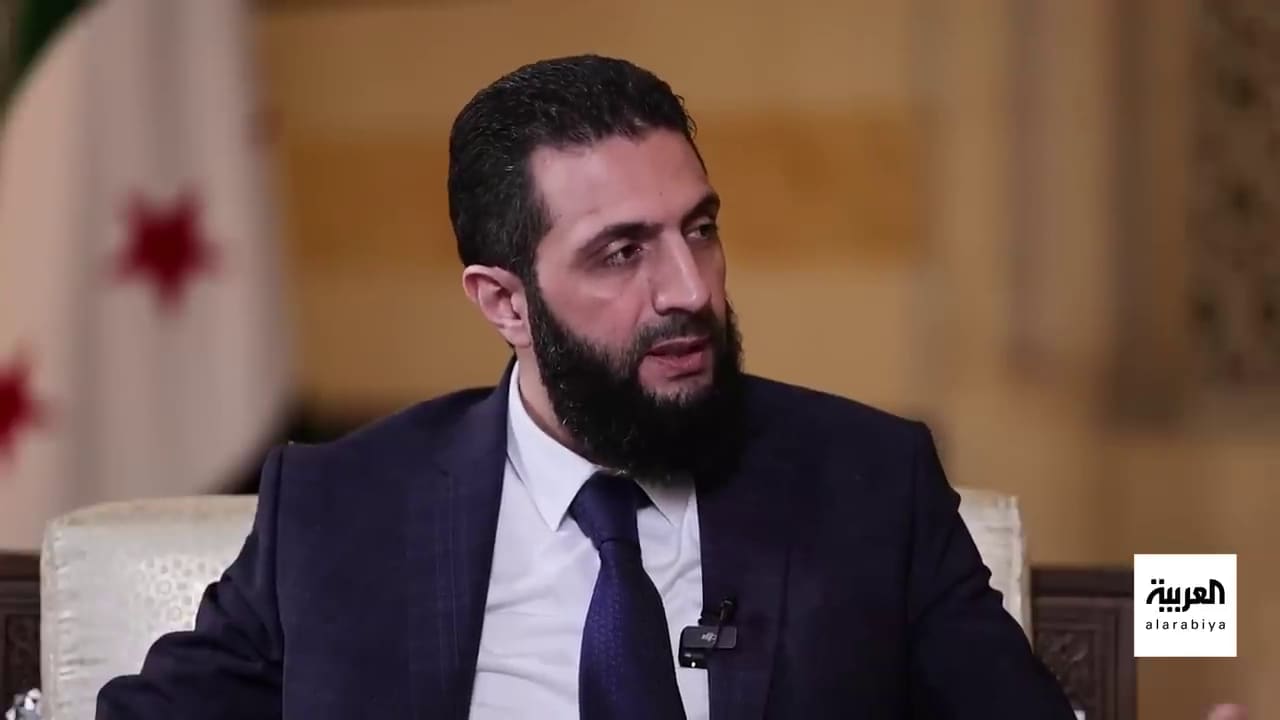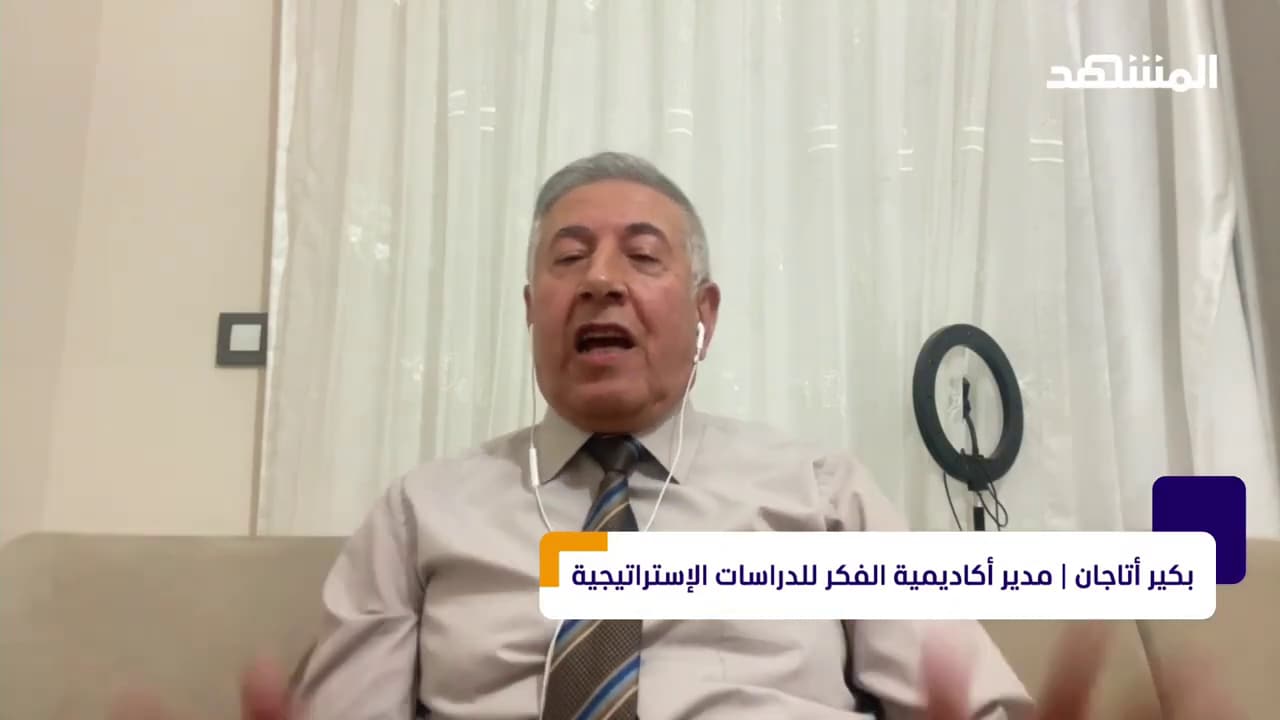
In a February 14 session of the Kuwaiti parliament, MP Mohammed Al-Mutairi demanded the amendment of Article 79 of the Kuwaiti constitution - which states that "No law may be promulgated unless it has been passed by the National Assembly and sanctioned by the Emir" - in order to limit the ability of MPs and the government to submit bills that do not conform with the shari'a. He said that the shari'a must be reinstated in Kuwait, in keeping with a commitment made in the wake of the liberation from the Iraqi invasion. "What do we have to fear?" MP Hayef asked. "Are we drinkers of alcohol, who have to fear being lashed? Are we thieves, who have to fear having our hands chopped off?" He concluded by saying that the shari'a should be imposed on people and not merely offered as an option, which they could either accept or reject. The speech aired on Al-Majlis TV, which follows the activity of the Kuwaiti parliament. MP Al-Mutairi is the chairman of the newly-formed parliamentary "Negative Phenomena Committee," which was recently criticized by Kuwaiti liberals for convening to discuss the phenomenon of "Satan worshipers" in Kuwaiti schools.
Mohammed Al-Mutairi: "I call upon my colleagues the MPs to sign the demand to amend Article 79 of the constitution. You will have it ready tomorrow. This is the least we can do for our shari'a. If we believe in Allah as the Lord, in Islam as His religion, and Muhammad as His Prophet and Messenger, we must follow His decrees and obey His Messenger.
[...]
"The implementation of the shari'a must not be our last goal, our lowest priority. It is our top priority, and so it will remain, and in each parliamentary session, we shall demand its implementation. The very least we can do is to amend Article 79, in order to contain the flow of bills that do not conform to the shari'a, which could be submitted by the MPs or by the government.
[...]
"The ruler, the government, and the parliament together must abide by the commitment that they took upon themselves in the days of the [1990 Iraqi] invasion. When they were unjustly banished from their homes by the oppressors, they made a pledge to Allah that they would show their gratitude [for liberation] by reinstating the shari'a in the country. What do we have to fear? Are we drinkers of alcohol, who have to fear being lashed? Are we thieves, who have to fear having our hands chopped off? The provisions of the shari'a are a mercy to the servants of Allah. The prisons are packed, as my colleagues have just said. A person who is sent to jail over a brawl emerges from it a drug dealer or a drug addict.
[...]
"The shari'a should be imposed. Sadly, with the changes of time and the the vicissitudes of circumstance, the shari'a is offered to people, and they either accept it or reject it, God forbid. This is a severe transgression. The shari'a is supreme and should be imposed upon the people, rather than people having the prerogative to accept or reject it.













